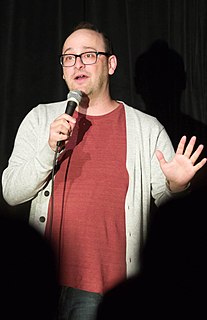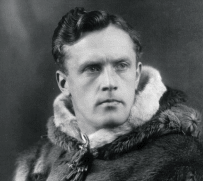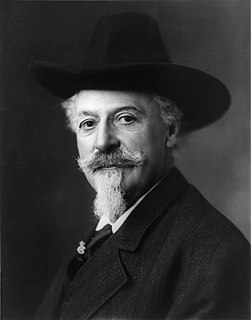A Quote by James Welch
The townspeople outside the reservations had a very superior attitude toward Indians, which was kind of funny, because they weren't very wealthy; they were on the fringes of society themselves.
Related Quotes
I'm very blessed, mainly because even though my family is mostly in show business, it's really centered around music. My parents were very successful in many ways, but they weren't necessarily top of the charts. We were never wealthy because of music. We always had to work and we always had to struggle a little bit, and I think at the end of the day that's been very good for me, because I have a sense of it being very ephemeral.
One was a horrible case called Oliphant v. Suquamish Indian Tribe which denied tribes the right to criminally prosecute non-Indians who commit crimes on their reservations. That decision has had horrible consequences for law enforcement on Indian reservations. But in that opinion Justice William Rehnquist cites language from the 1830s to explain why whites didn't trust tribes to exercise criminal jurisdiction. They were savages.
It was something very beautiful because we all had that interest. We were very close to all of the different groups of the time - the ones that we began to play with in the same venues - Maldita Vecindad, Caifanes, Botellita de Jerez. However, we were all very different, and each group had their unique way of expressing themselves; their own original voice. It was a very beautiful era of Mexican music, and the truth is that we are very fortunate to have been part of it.
The Jesuits were quite balked by those Indians who, being burned at the stake, suggested new modes of tortures to their tormentors. Being superior to physical suffering, it sometimes chanced that they were superior to any consolation which the missionaries could offer; and the law to do as you would be done by fell with less persuasiveness on the ears of those who, for their part, did not care how they were done by, who loved their enemies after a new fashion, and came very near freely forgiving them all they did.
A big reason why we were able to and have been able to continue to succeed is that we had a very intense work ethic, right from the beginning. There was a do-or-die attitude toward the work. It wasn't seen as a little "club." It was like, "This is your life." We would spend hours and hours rehearsing and endlessly rewriting. We took it very seriously right off the bat. And we were also extremely critical of each other, which was another thing that was unique. A lot of comedy ensembles have a hard time being critical of each other, because they don't want to hurt each other's feelings.
It's a very ancient culture, British culture. You can't be seen to be too wealthy, and you certainly can't be seen to be giving away any of your wealth either because that's sort of vulgar, too. It's funny, that, because in New York, if you are wealthy, you have to be philanthropic to be successful.




































